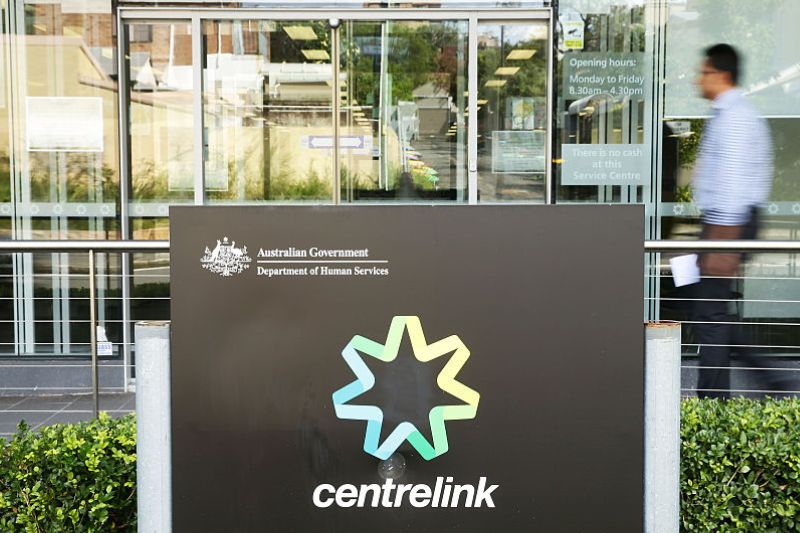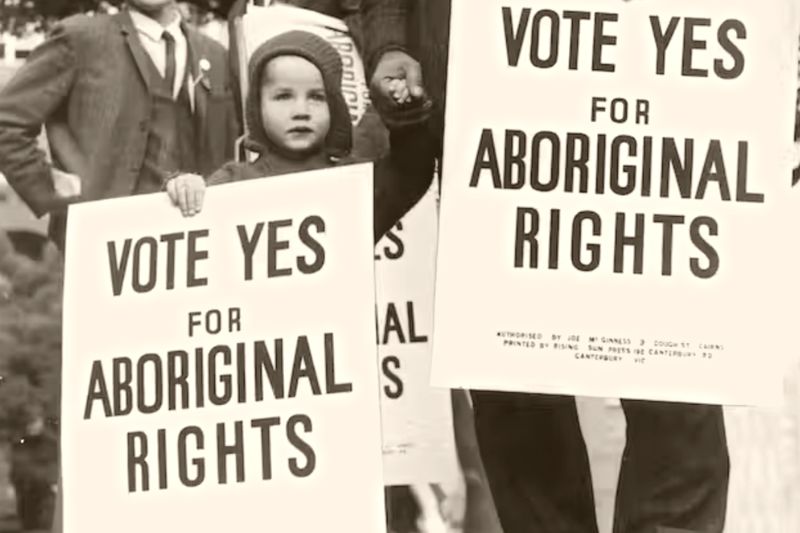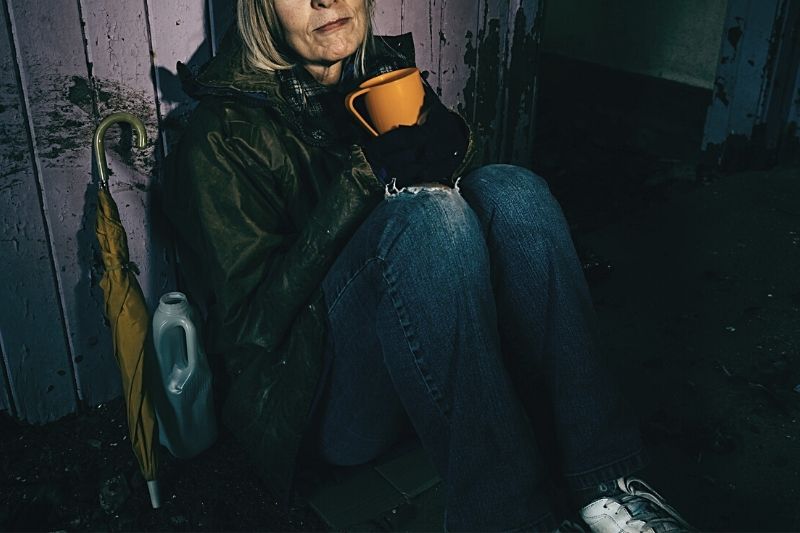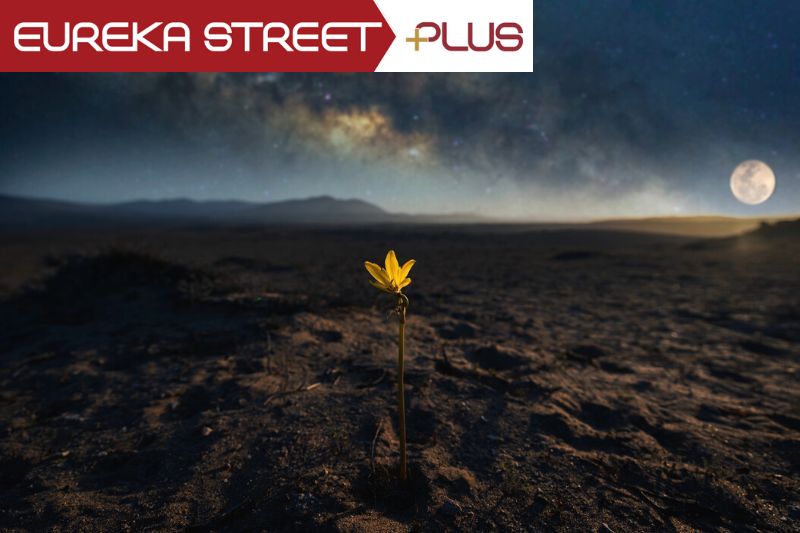Keywords: Social Security
-

AUSTRALIA
- Kerry Murphy
- 28 July 2023
How has Australia's asylum seeker policy changed over the past thirty years? The approach of every government has reflected the shifting political landscapes and challenging humanitarian issues that have continually shaped Australia's response to those seeking refuge.
READ MORE 
-

AUSTRALIA
Amid Australia's unprecedented housing crisis, there's an urgent need for increases in social housing. However, political wrangling hampers the progress of crucial legislation. With 640,000+ Australians facing housing stress, advocates stress the need for immediate action as a starting point towards comprehensive reform that treats housing as a basic human right.
READ MORE
-

INTERNATIONAL
- Michele Gierck
- 13 July 2023
3 Comments
In a world coloured in shades of grey, can a fervent peace activist find common ground with a staunch military tank commander? As we navigate the complexities of war, peace, and human connection, how can one reconcile past experiences with the humanity found in unexpected places?
READ MORE
-

AUSTRALIA
- Andrew Hamilton
- 12 July 2023
6 Comments
Navigating the murky waters between legality and morality, Robodebt and the prolonged hotel detention of asylum seekers are both marred by the same neglect of human dignity and ethical responsibility, and should spark urgent discussions about our societal attitudes towards the vulnerable and the dire need for an ethical transformation.
READ MORE
-

AUSTRALIA
Dr. Eve Vincent's book, 'Who Cares? Life on Welfare in Australia', provides an in-depth exploration of the intricate dance between power, control, and social policy, unearthing unsettling truths about our society's inherent power structures. This discourse further underscores the urgent need for a radical reimagining of our socio-economic systems.
READ MORE
-

INTERNATIONAL
- Julian Butler
- 20 June 2023
1 Comment
In the midst of societal debates about crime, rehabilitation, and policing, unexpected voices often surprise us, leading to thoughtful and transformative discussions. A conversation about youth crime between an ABC presenter and the Secretary of the Police Association challenges preconceived notions about youth justice and rehabilitation, paving the way for compassionate responses and a more humane society.
READ MORE 
-

RELIGION
- Michael McVeigh
- 09 June 2023
5 Comments
Known for incisive insights into societal issues like fundamentalism, loneliness, and abuse, theologian and cultural anthropologist Fr Gerald Arbuckle is now examining the rise of conspiracy theories. In conversation with Michael McVeigh, Arbuckle discusses his work, cultural anthropology, and the impact of 'cultural trauma'.
READ MORE 
-

AUSTRALIA
- Frank Brennan
- 05 June 2023
19 Comments
The wording of the proposed change to the Australian Constitution to enshrine a First Nations Voice might not be perfect. But whatever the imperfections and the risk of future complications, it is high time that Australia’s First Peoples were recognised in the Constitution in a manner sought and approved by a broad cross-section of Indigenous leaders.
READ MORE
-

AUSTRALIA
- Jennifer McVeigh
- 25 May 2023
4 Comments
A rapidly growing cohort of homeless women over 55 has become the new casualties of Australia's housing market. With skyrocketing rents, an entrenched gender pay gap and inadequate pension funds, older women are slipping through the cracks owing to a tangle of systemic failures.
READ MORE
-

AUSTRALIA
- David Halliday
- 19 May 2023
In a conversation with Eureka Street, investigative journalist Nick McKenzie explores the drivers of human trafficking and sex slavery, examining the intertwined roles of law enforcement, the sex industry, and the migration sector in one of the most pressing social justice issues of our time.
READ MORE 
-

AUSTRALIA
- Brian McCoy
- 19 April 2023
13 Comments
Terence Darrell Kelly is not an isolated example of the intergenerational trauma that colonisation has brought to many Aboriginal and Torres Strait Islander people. As Australia grapples with the ongoing effects of colonisation, including the dispossession of land and culture, the need to listen to voices of Indigenous communities becomes increasingly urgent.
READ MORE
-

ARTS AND CULTURE
- Andrew Hamilton
- 10 April 2023
In a secular society the fast that preceded Easter has disappeared, but Easter remains a time of celebration. Celebrations recognise happy times and happy events, often marking the end of hard times. The message of Easter remains: that hope can spring up and new life can grow in apparently barren places.
READ MORE 